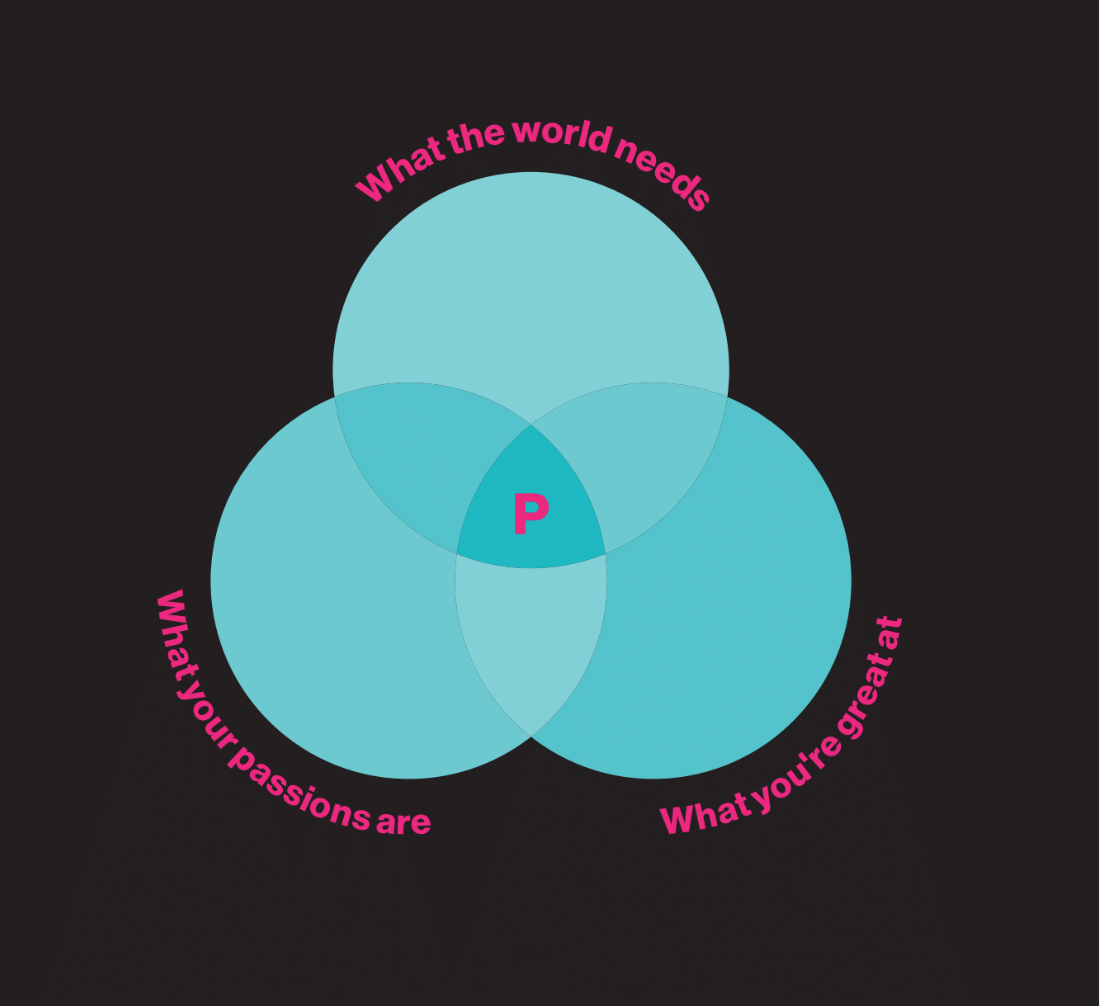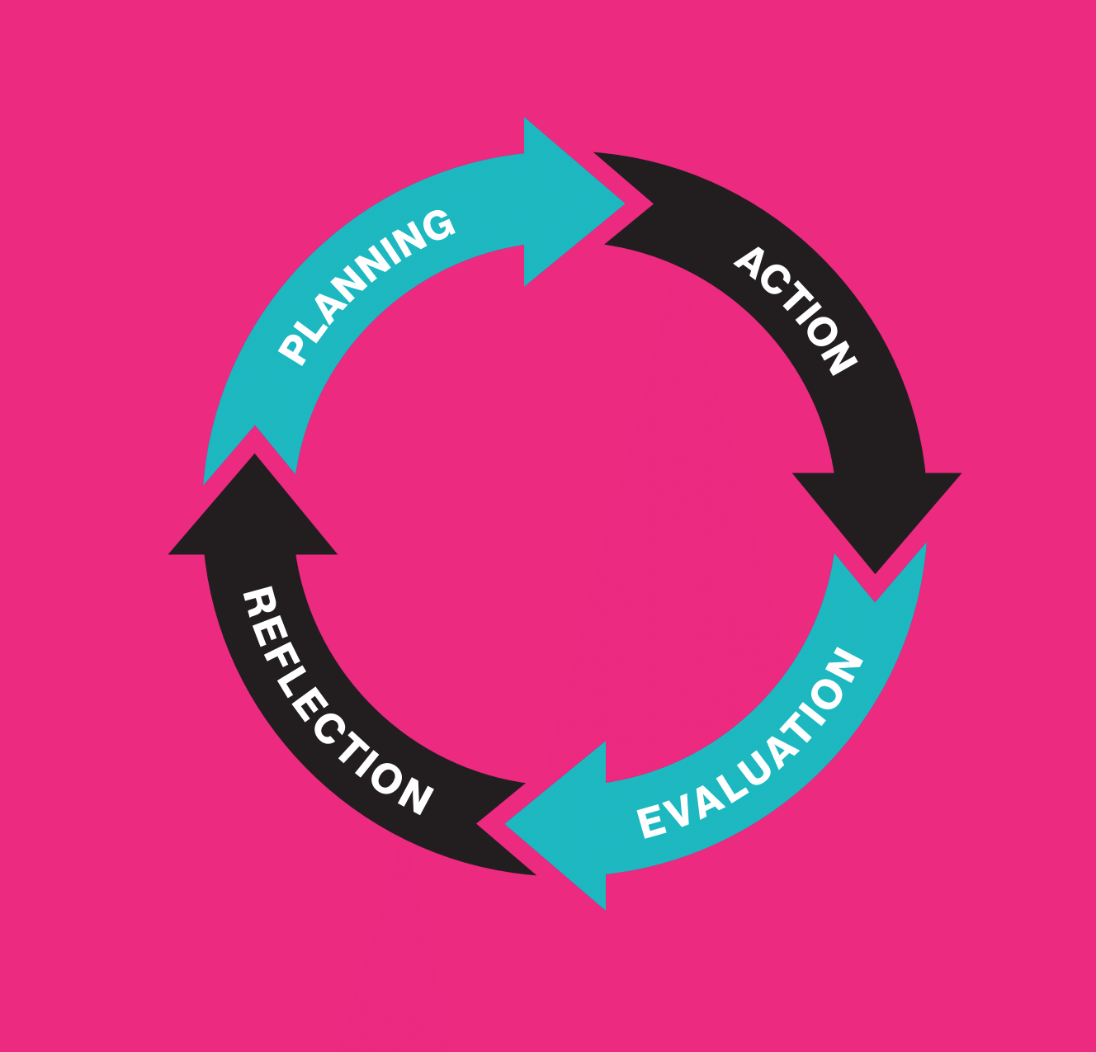Five Traits That Unlock the Skill of Communication
The skill of communication is something that can be worked for, something that can be earnt, something that can be captured. Over time, by incorporating these five traits into your daily life, you, too, can become a masterful communicator.
We all want to be heard, to have our ideas valued and for people to act on them. Some of us aim to do this through a purposeful venture, some through a cause, and others by rising up the ranks of an organisation and steering its course.
Within all these routes, there is one common factor of success: communication. To become an influential leader, you have to first unlock the skill of communication.
I have studied a range of individuals and organisations to find out what makes them effective and I’ve decoded all these attributes into five core traits that make up the skill of communication.
Every successful communicator displays these five traits to varying extents. These traits form the pillars of my new book, Influence: Powerful Communications, Positive Change. It’s a complete guide to communications strategies and skills, to grow purpose-led brands and movements.
Find out more about the skill of communication or read on to discover how to unlock these skills for yourself right now.
The Skill of Communication is Formed From Five Traits
There are five core traits of communication we’re going to be learning about. We can break these down into certain communication styles:
1. Purposeful
2. Personal
3. Distinct
4. Active
5. Skillful
Let’s touch upon these in more detail.
1. Purposeful Communication
Always put ‘why’ at the centre of all your communications. If your message is authentically driven by a bigger cause and relates to a clear vision for the future, people will better connect with it. ‘Why’ is at the centre of all good leadership and effective communication.
Too many of us have an instinctivepurpose, we need to make this distinctiveand then we need to live it.
If you want to lead people into the future, you need to be able to show what that future looks like. Purposeful communicators don’t tell us what to do, they make us want to do it.

2. Personal Communication
We often assume that everyone else is just like us, that they have the same fears and hopes and will be triggered by the same things we are. We tend to express what is important to us.
If you want to inspire your audience, you must develop an empathetic understanding of your audience and what they want. The skill of communication is showing that your message is not about you but about what you can do for your audience.
Support this by finding ‘the others’, all the people who will help you along the way (collaborators, funders, mentors, connectors). Change – real, meaningful change – never happens without collaborative efforts, and networks that challenge and support you.
3. Distinct Communication
We all have a brand (whether that’s for an organisation or personal); it’s just that some of us allow our brand to be formed unknowingly, by our passive behaviour, rather than forging it with our active choices.
You must take back control of your brand to ensure your communications are catchy, credible and consistent. Doing so will allow your brand to become a magnet, bringing people to your mission by making your value clear.
Craft the promise you are making and the personality that delivers it. You need to shape the perception people have of you constantly.

4. Active Communication
Don’t wait for change, lead it.
Pushpeople out of their inertia by revealing the problems of the current situation and pullthem past their anxiety of change by showing the benefits of acting.
Move people from being unawareof your brand or idea to becoming advocates, and then harness the power of your new tribe to influence others.
Being active means being strategic about what you say and do, when and where; communicating out and listening in. Mastering the skill of communication means understanding that people won't always act in their own best interests.
You need to be able to craft your message to play with your audience’s inherent human biases for things that are simple to understand, easy to do, desirable, relevant, endorsed and rewarded (Spoiler alert: the book shows you how).
5. Skillful Communication
Review, reflect and rebuild your approach regularly. Preparation and practice will ensure conviction and confidence.
Constantly build the skill of communication in areas of body language, speaking (on stage and in person), PR, storytelling, and writing. Never be afraid to make mistakes; they can become your greatest teacher. Constantly ask yourself ‘what else can I improve?', 'what can I learn next?'
Your communications skills are like muscles that need to be worked out, put under stress and stretched, so that you are ready for the big stage, whenever it appears.

Final Thoughts About the Skill of Communication
By following these traits you will stir minds, hearts and limbs; getting people to think, feeland actdifferently. By focusing on these five traits, you will unlock the skill of communication.
You will become a more effective and purposeful leader, and the world could certainly do with a few more of those right now.
Discover more: Influence: Powerful Communications, Positive Change









